Silence is golden or so they say! There are times when words are not enough! It might be worthwhile to understand that the celebration of silence is as old as the human civilization. Like real life, the same adage holds true for reel life. Cinematic history has been replete with countless instances when the auteurs preferred silence over words. Akin to everything else, some such efforts bore fruits while some apparently didn’t. Our priority here at The Cinemaholic was to look at some of the successful ventures when filmmakers eloquently put across their intended message through the placement of silence.
It would help the readers to understand that silence in the current discourse doesn’t necessarily mean a conspicuous absence of dialogues. In fact at times, words complement silence and enrich it. To put it a little more philosophically, words might also constitute silence. If this conjecture seems a little too fuzzy, you might as well choose to ignore the rumbling and hit the list straightway, thereby paradoxically proving the validity of the conjecture. Some of our selections in the following list had more dialogues than the others. However, what binds all the movies in this list is the primacy of silence over dialogues, present as they might be. Now that we have tried our bit in explaining our stand, it might help to actually look at the list of top movies with almost no dialogue. You can stream some of these best dialogueless movies on Netflix, Hulu, YouTube or Amazon Prime.
10. Cast Away (2000)
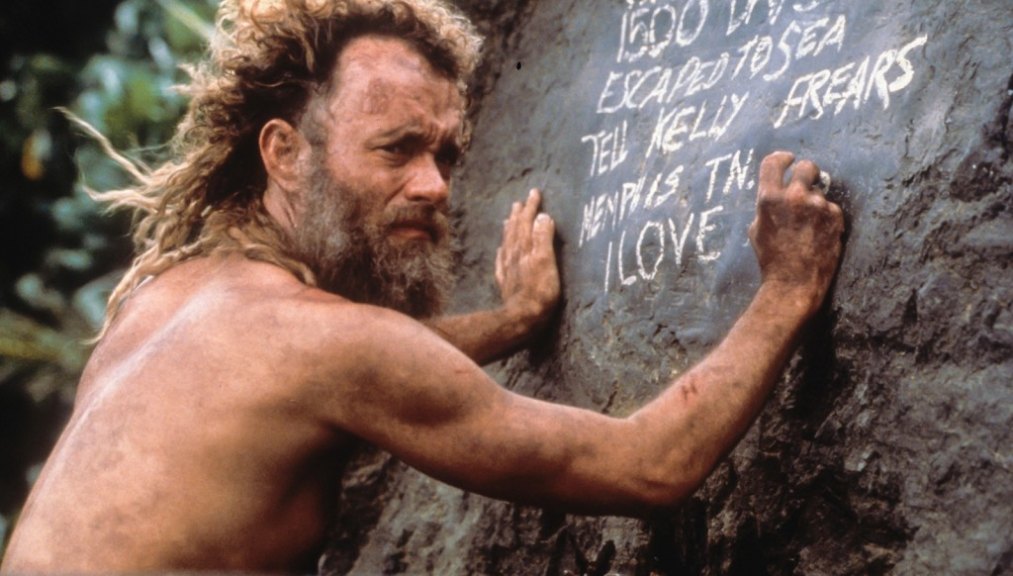
Robert Zemeckis’ unique drama venture ‘Cast Away’ is as much about will force as it is about an unending struggle to survive. While being stuck at an unpopulated island in the South Pacific subject to a plane crash, FedEx systems engineer Chuck Noland learns to understand the values of life and relationships. Although it features some impassioned monologues and hardly any discursive dialogue, the movie is a careful account of how isolation and forced solitude could suck the nectar out of life. Although replete with countless logical flaws, ‘Cast Away’ would always be remembered for having been witness to one of the finest pieces of acting by the immensely talented Tom Hanks.
9. The Revenant (2015)
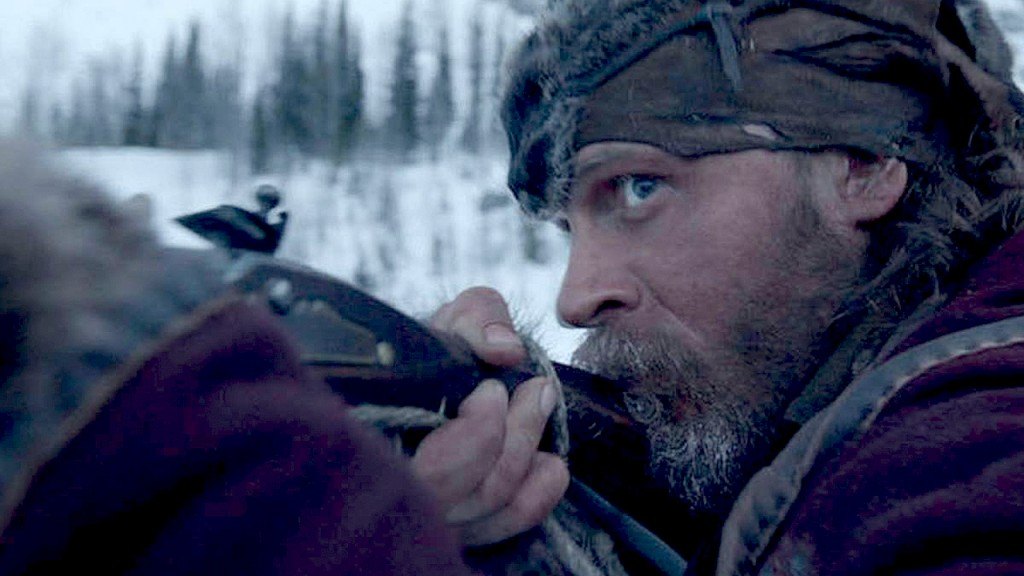
Alejandro González Iñárritu’s epic survival movie ‘The Revenant’ could be considered experimental from multiple perspectives, the primary ones being its unorthodox narrative structure and a non-conventional plotline. A film that creates a unique sense of gloom, ‘The Revenant’ would always be remembered for Leonardo DiCaprio’s much anticipated entry into the club of Academy Award winners. With a disturbing piece of cinematography by the much-acclaimed Emmanuel Lubezki and rather sparse dialogues, the movie tells the story of a trapping frontiersman’s tryst with death and survival after being severely wounded by a grizzly bear and deserted by his own troops.
8. Eraserhead (1977)
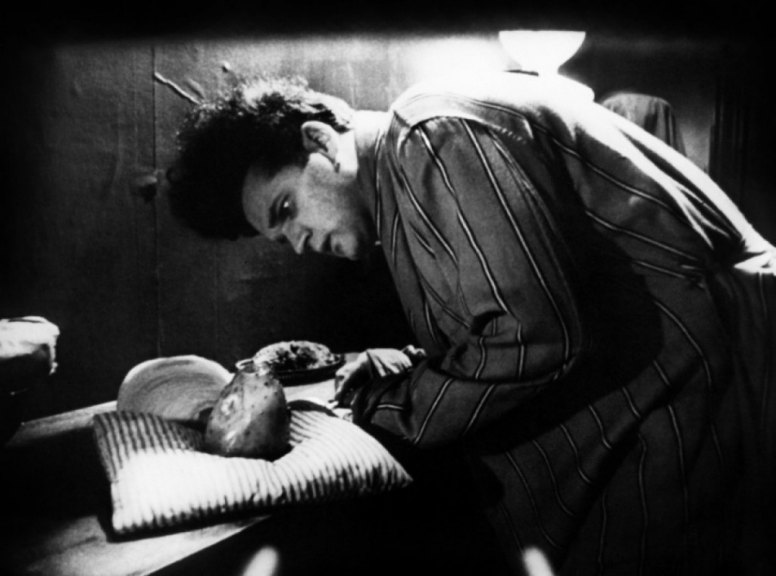
Roughly categorized as a surrealist venture, David Lynch’s first critically acclaimed movie ‘Eraserhead’ narrates the story of a man who needs to take care of his severely deformed child. Essentially a body horror movie that has distinct psychological and philosophical elements, the movie was added to the National Film Registry in 2004 by the U.S. Library of Congress. Torn between disturbing visions of a woman and hallucinations representing sexual undertones, the protagonist is shown to dwell in a mechanized cityscape with dystopian settings. Needless to mention here that the movie seems creepier as it features very few disjointed dialogues, sometimes marked by non sequiturs. Cinematographed in black-and-white, the film, featuring a vivid and immaculate soundtrack, has been able to gather a significant base of admirers over the years.
7. Spring, Summer, Fall, Winter… and Spring (2003)
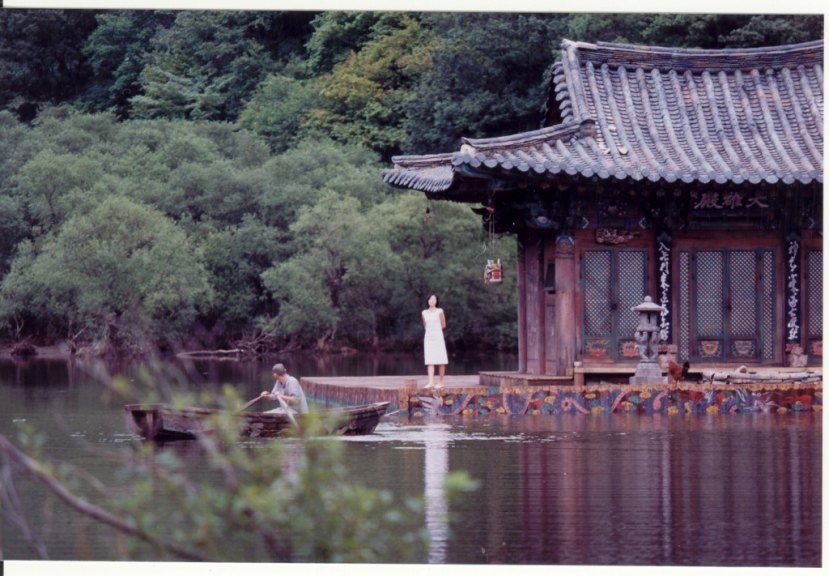
Billed as the best piece of work from the stables of the maverick South Korean auteur Kim Ki-duk, ‘Spring, Summer, Fall, Winter… and Spring’ is a film that narrates the life of a Buddhist monk as he passes through the different stages of life. The film can be considered to be a metaphor for the perpetual continuity and cyclical nature of human life. Along the way, it also explores the themes of love, sacrifice, devotion, seclusion and fidelity. Known for featuring very few dialogues, the movie is deeply contemplative in nature and takes the audience along on a serene trip. However, a peculiar sense of claustrophobia permeates through the entire film subject to its confined locale and this is exactly where the all-encompassing sense of loneliness creeps in.
6. Le Samouraï (1967)
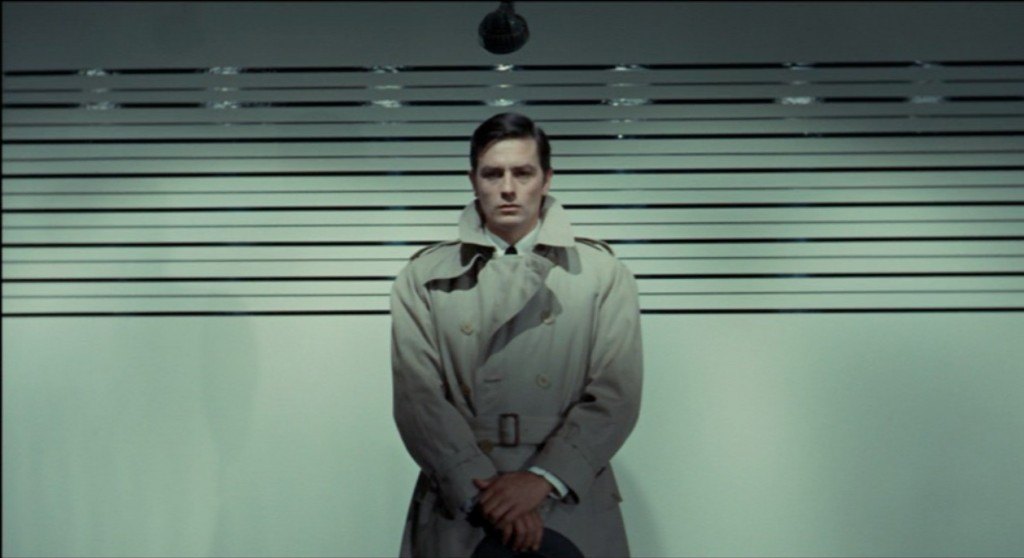
Acclaimed for being one of the finest examples of non-American crime movies, ‘Le Samouraï’ essentially chronicles the story of a professional killer trying to create an alibi for himself after murdering the owner of a nightclub. Directed by Jean-Pierre Melville, this French-Italian Neo-noir film was ranked by Empire magazine as the 39th best movie of world cinema in its list of 2010. With a rare and perfect 100% approval rating at Rotten Tomatoes, the film stars Alain Delon as the protagonist and is said to have influenced many future movies. Featuring very few dialogues, the ones that are there get etched in memory forever.
5. The Naked Island (1960)
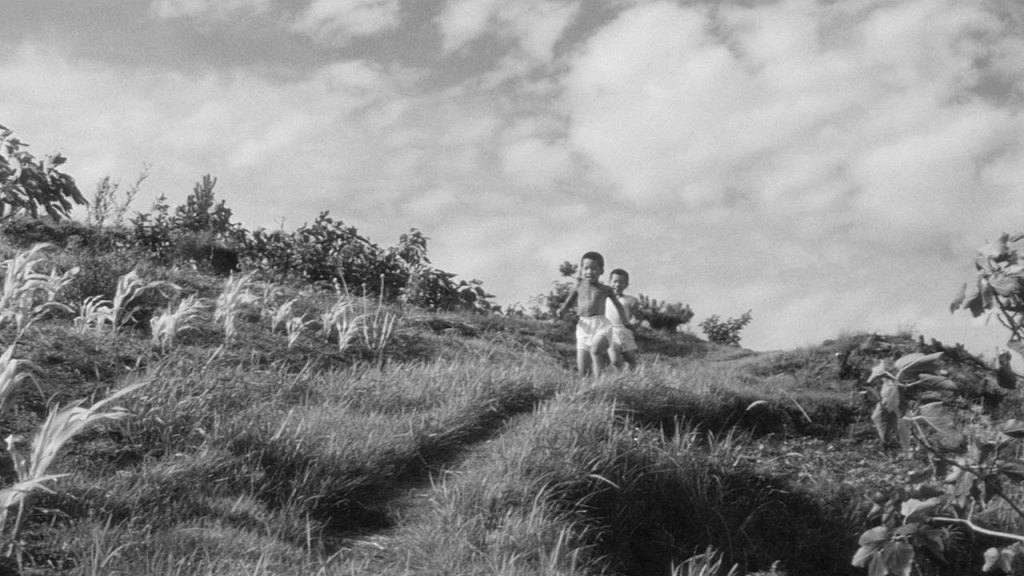
Directed by the acclaimed Japanese auteur Kaneto Shindo, ‘The Naked Island’ chronicles the eternal existential struggles of a four (4)-member family on an island where they are the sole residents. With an agrarian setting, the movie is renowned for featuring almost no dialogue. The film quintessentially depicts the perpetual continuity of life despite deaths and other associated traumas. Universally acclaimed, ‘The Naked Island’ won multiple international awards including the Grand Prix at the Moscow International Film Festival.
4. The Tree of Life (2011)
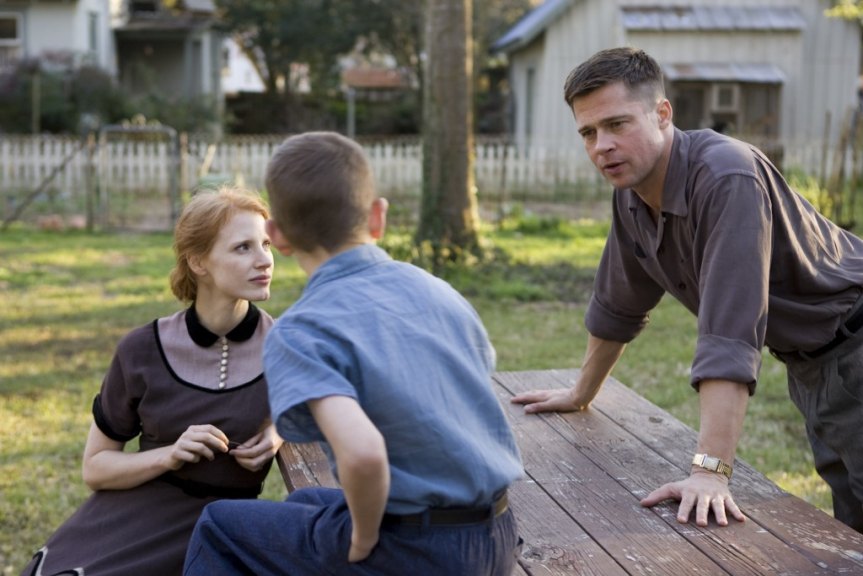
Rightly cited as one of the ten greatest movies of all time by renowned film critic Roger Ebert, Terrence Malick’s American venture ‘The Tree of Life’ tries to comprehend the meaning and purpose of life in way that is both unique and effective. Punctuated by scenes of vivid childhood memories and the origin of life on earth, the movie has the potential to change the way a person perceives his/her life. Essentially experimental in nature, the film features very few dialogues. It straightaway divided the critics into two distinct segments. One group lauded the movie for its thematic richness and the other despised it. It bagged the coveted Palme d’Or at the Cannes Film Festival in 2011 and has been listed by BBC as one of the 100 greatest American films ever made.
3. 2001: A Space Odyssey (1968)
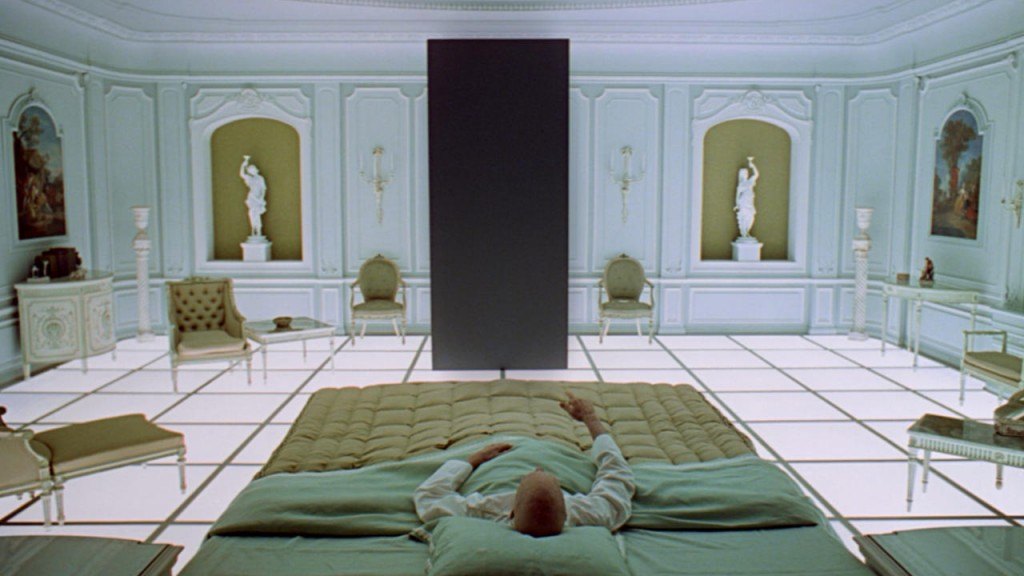
Undoubtedly the most complete piece of work from the stables of the maverick filmmaker Stanley Kubrick, ‘2001: A Space Odyssey’ could aptly be described as a tryst with mayhem. With themes ranging from existentialism to evolution, the movie has acquired a definite cult status over the years. Loosely inspired by a short story named ‘The Sentinel’ penned by Arthur C. Clarke; who co-scripted the screenplay along with Kubrick; the movie chronicles the journey of a crew of scientists to Jupiter along with the sentient computer HAL 9000. The uniqueness of the project also stems from the fact that it hardly has any dialogue and the audio-visuals seem more than enough. The film has inspired numerous interpretations over the years and only seems to go up in terms of popularity. The movie has had a significant impact on future science fiction projects. The movie landed Kubrick with the Academy Award for Best Visual Effects.
2. The Silence (1963)
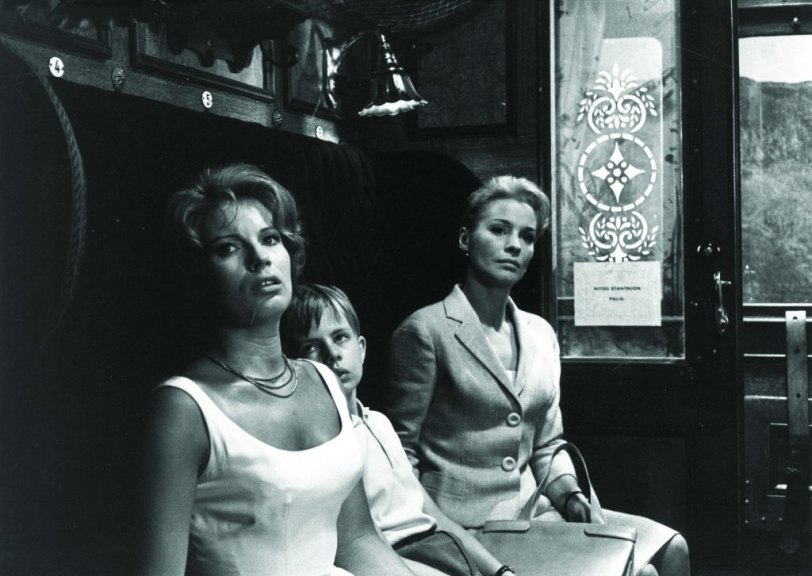
Considered by many critics as one of the pillars of modernist cinema, Ingmar Bergman’s critically appreciated venture ‘The Silence’ narrates the story of two sisters and their peculiar relationship. With hardly any dialogue, the film courted a lot of controversies when released as it featured a number of sexually-explicit themes. The movie is also known for its rather innovative camerawork by one of Bergman’s usual collaborators Sven Nykvist. ‘The Silence’ could be largely deemed to be the turning point for Swedish cinema.
1. Solaris (1972)
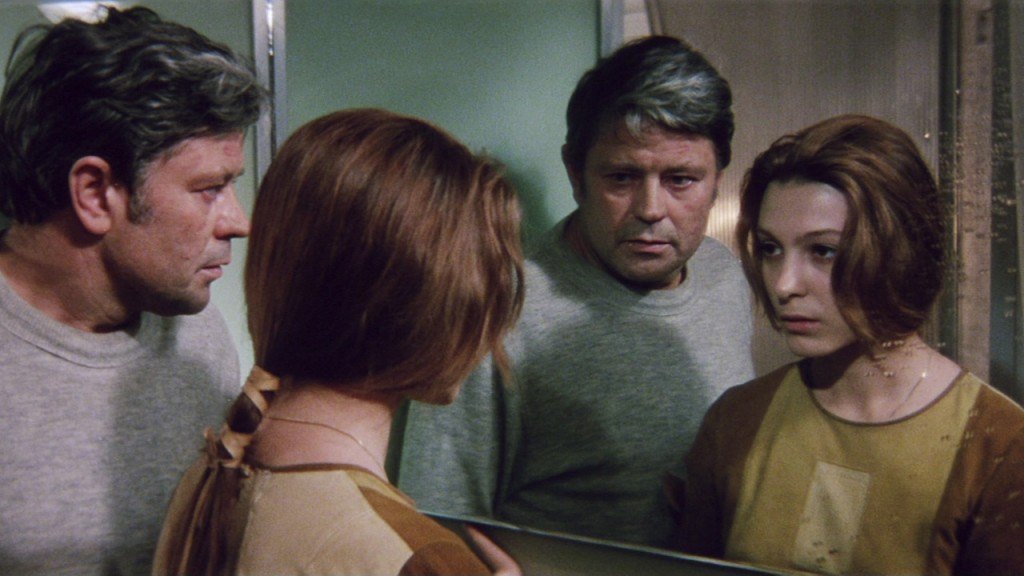
One of the most unique achievements of global cinema, Andrei Tarkovsky’s Russian masterpiece ‘Solaris’ is a calm and contemplative movie that strives to comprehend the significance of human subsistence. Principally harping on the concept of identity and self-discovery, the movie chronicles the story of a psychologist who goes on a trip to the space in order to find out what happened to the crew of a spaceship, who seem to have gone crazy. A rather complex narrative with very few dialogues; ‘Solaris’ received the coveted Grand Prix at the Cannes Film Festival in 1972.
Read More: Most Disturbing Movies of All Time

